Support Groups and Infertility: Finding Your Tribe

Because No One Should Have to Go Through This Alone
Infertility is one of the most isolating experiences a person or couple can face. It can feel like the world is moving on without you—pregnancy announcements, baby showers, well-meaning questions—and you’re stuck in a cycle of waiting, hoping, grieving, and trying again. But you are not alone. At Reproductive Centers of America (RCA), we believe that community is medicine. That’s why we encourage patients to explore support groups as a vital part of the fertility journey—because healing isn’t just physical. It’s emotional. And sometimes the best therapy is knowing someone else truly understands.
Why Support Groups Matter
- Validation: Hearing others say “me too” is powerful. You’re not overly sensitive. You’re not broken. You’re human.
- Education: Group settings often include access to information, resources, and insights you might not get from your doctor alone.
- Coping Tools: From managing injections to dealing with insensitive comments, support groups offer real-life strategies that have worked for others.
- Connection: Infertility can strain relationships and friendships. Support groups remind you that there’s a safe place to feel seen, heard, and accepted.
- Empowerment: There’s strength in being part of a tribe—one that lifts you up on the days you can’t do it alone.
Types of Support Groups
- In-person groups: Typically led by therapists, fertility nurses, or experienced peer mentors. Great for local connection.
- Online forums and communities: Flexible, anonymous, and available 24/7. Examples include RESOLVE, FertilityIQ, Facebook groups, and Reddit’s r/Infertility.
- Specialized groups: Tailored to experiences like IVF, miscarriage, egg donation, male factor infertility, LGBTQ+ family building, or secondary infertility.
- Partner-inclusive groups: Help couples navigate the journey together, especially when they cope differently.
How to Choose the Right One
Ask yourself:
- Do I want something guided by a professional, or peer-led?
- Would I prefer something local and in-person, or virtual and anonymous?
- Do I want a space that aligns with my cultural, spiritual, or identity-specific needs?
- Do I feel safe and supported in this environment?
If a group doesn’t feel right—keep looking. The right support system should feel nourishing, not draining.
RCA’s Commitment to Community
We offer:
- Referrals to trusted support networks and counselors
- Workshops and educational events for patients and partners
- A listening ear—whether it’s your nurse, doctor, or patient coordinator
- Connection to others on similar paths, when consented and appropriate
You don’t have to carry this alone. We’ll help you find your people—and your peace.
Why Support Groups Matter
- Validation: Hearing others say “me too” is powerful. You’re not overly sensitive. You’re not broken. You’re human.
- Education: Group settings often include access to information, resources, and insights you might not get from your doctor alone.
- Coping Tools: From managing injections to dealing with insensitive comments, support groups offer real-life strategies that have worked for others.
- Connection: Infertility can strain relationships and friendships. Support groups remind you that there’s a safe place to feel seen, heard, and accepted.
- Empowerment: There’s strength in being part of a tribe—one that lifts you up on the days you can’t do it alone.
Types of Support Groups
- In-person groups: Typically led by therapists, fertility nurses, or experienced peer mentors. Great for local connection.
- Online forums and communities: Flexible, anonymous, and available 24/7. Examples include RESOLVE, FertilityIQ, Facebook groups, and Reddit’s r/Infertility.
- Specialized groups: Tailored to experiences like IVF, miscarriage, egg donation, male factor infertility, LGBTQ+ family building, or secondary infertility.
- Partner-inclusive groups: Help couples navigate the journey together, especially when they cope differently.
How to Choose the Right One
Ask yourself:
- Do I want something guided by a professional, or peer-led?
- Would I prefer something local and in-person, or virtual and anonymous?
- Do I want a space that aligns with my cultural, spiritual, or identity-specific needs?
- Do I feel safe and supported in this environment?
If a group doesn’t feel right—keep looking. The right support system should feel nourishing, not draining.
RCA’s Commitment to Community
We offer:
- Referrals to trusted support networks and counselors
- Workshops and educational events for patients and partners
- A listening ear—whether it’s your nurse, doctor, or patient coordinator
- Connection to others on similar paths, when consented and appropriate
You don’t have to carry this alone. We’ll help you find your people—and your peace.









